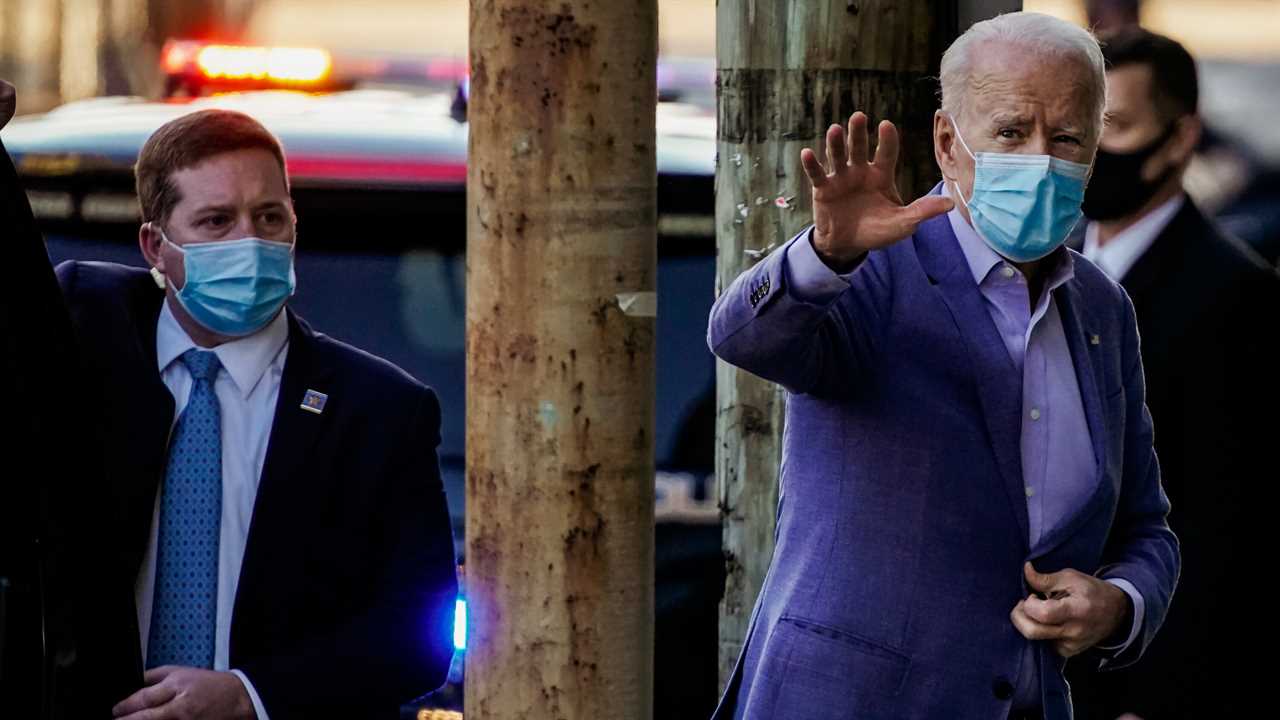
WASHINGTON — President-elect Joseph R. Biden Jr. on Thursday is expected to outline proposals for trillions of dollars in government spending to combat the coronavirus pandemic and its effects on the economy, with an initial focus on large-scale expansions of the nation’s vaccination program and virus testing capacity.
Mr. Biden will detail his plans, which he and his economic team have been honing for weeks, in an evening speech in Delaware. The efforts will cover the pandemic, the economy, health care, education, climate change and other domestic priorities, Brian Deese, the incoming director of the National Economic Council, said at the Reuters Next conference on Wednesday. Top Democrats in Congress have said in recent days that they are preparing for the efforts to span two bills.
“At this moment the president-elect feels that we need to move aggressively on both rescue and recovery,” Mr. Deese said.
Money to complete $2,000 direct payments to individuals and aid to small businesses and local and state governments, components that Mr. Biden has stressed in recent weeks, will be part of the initial package, Mr. Deese said. Others briefed on Mr. Biden’s thinking said he would also call for the first piece of legislation to include an extension of supplemental federal unemployment benefits, which are set to expire in March for many workers, and more help for renters.
Plans for the first package also include a significant increase in spending on vaccine deployment, testing and contact tracing, Mr. Deese said, and Mr. Biden will seek enough money to allow most schools to open, in an effort to increase labor force participation.
“We need to get the schools open,” Mr. Deese said, “so that parents, and particularly women, who are being disproportionately hurt in this economy, can get back to work.”
Latest Updates
- Some lawmakers recount feeling unsafe because of colleagues’ behavior during Capitol siege.
- Trump posts video condemning Capitol violence but does not mention his role in instigating it.
- Now that the House has impeached Trump, what happens next?
Transition team officials would not say on Wednesday how expensive Mr. Biden’s proposals were likely to be or whether he would announce a cost estimate on Thursday. Last week, Mr. Biden said he expected his full agenda would cost “trillions” of dollars.
The proposals in the second tranche are likely to be larger than the first, and Democrats plan to pay for all or some of them by raising taxes on corporations and the rich. The second package is expected to be centered on job creation and infrastructure, including hundreds of billions of dollars of spending on clean energy projects like electric vehicle charging stations, along with health care and education spending, Mr. Biden’s team and leading congressional Democrats have indicated.
The first bill is likely to be deficit-financed, in keeping with the Covid-19 relief bills that Congress passed last year.
Mr. Biden has said he will work to build Republican support for his plans, and he will need 10 Republican votes in the Senate to overcome a filibuster. But top Democrats in the House and Senate are preparing to pivot quickly to a parliamentary process known as budget reconciliation in the event they can get only a simple majority in the Senate. Republicans used the procedure to bypass a filibuster and approve Mr. Trump’s signature tax cuts in 2017.






